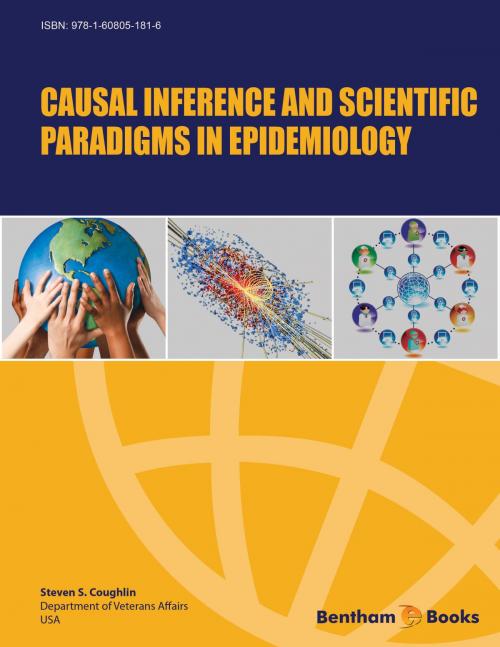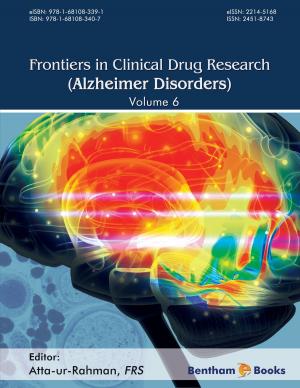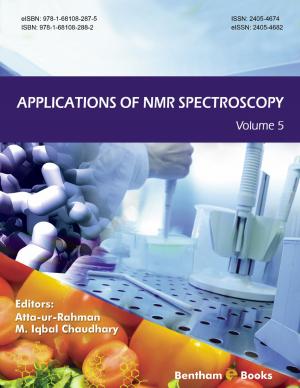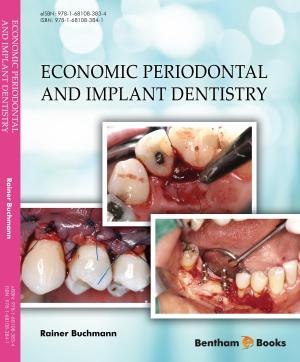Causal Inference And Scientific Paradigms In Epidemiology
Nonfiction, Health & Well Being, Medical, Ailments & Diseases, Infectious Diseases, Epidemiology| Author: | Steven S. Coughlin | ISBN: | 9781608051816 |
| Publisher: | Bentham Science Publishers | Publication: | December 15, 2009 |
| Imprint: | Bentham E-Books | Language: | English |
| Author: | Steven S. Coughlin |
| ISBN: | 9781608051816 |
| Publisher: | Bentham Science Publishers |
| Publication: | December 15, 2009 |
| Imprint: | Bentham E-Books |
| Language: | English |
This anthology of articles on causal inference and scientific paradigms in epidemiology covers several important topics including the search for causal explanations, the strengths and limitations of causal criteria, quantitative approaches for assessing causal relationships that are relevant to epidemiology and emerging paradigms in epidemiologic research. In order to provide historical context, an overview of philosophical and historical developments relevant to causal inference in epidemiology and public health is also provided. Several theoretical and applied aspects of causal inference are dealt with. The aim of this Ebook is not only to summarize important developments in causal inference in epidemiology but also to identify possible ways to enhance the search for causal explanations for diseases and injuries. Examples are provided from such fields as chronic disease epidemiology, Veterans health, and environmental epidemiology. A particular goal of the Ebook is to provide ideas for strengthening causal inference in epidemiology in the context of refined research paradigms. These topics are important because the results of epidemiologic studies contribute to generalizable knowledge by clarifying the causes of diseases, by combining epidemiologic data with information from other disciplines (for example, psychology and industrial hygiene), by evaluating the consistency of epidemiologic data with etiological hypotheses about causation, and by providing the basis for evaluating procedures for health promotion and prevention and public health practices.
This anthology of articles on causal inference and scientific paradigms in epidemiology covers several important topics including the search for causal explanations, the strengths and limitations of causal criteria, quantitative approaches for assessing causal relationships that are relevant to epidemiology and emerging paradigms in epidemiologic research. In order to provide historical context, an overview of philosophical and historical developments relevant to causal inference in epidemiology and public health is also provided. Several theoretical and applied aspects of causal inference are dealt with. The aim of this Ebook is not only to summarize important developments in causal inference in epidemiology but also to identify possible ways to enhance the search for causal explanations for diseases and injuries. Examples are provided from such fields as chronic disease epidemiology, Veterans health, and environmental epidemiology. A particular goal of the Ebook is to provide ideas for strengthening causal inference in epidemiology in the context of refined research paradigms. These topics are important because the results of epidemiologic studies contribute to generalizable knowledge by clarifying the causes of diseases, by combining epidemiologic data with information from other disciplines (for example, psychology and industrial hygiene), by evaluating the consistency of epidemiologic data with etiological hypotheses about causation, and by providing the basis for evaluating procedures for health promotion and prevention and public health practices.















